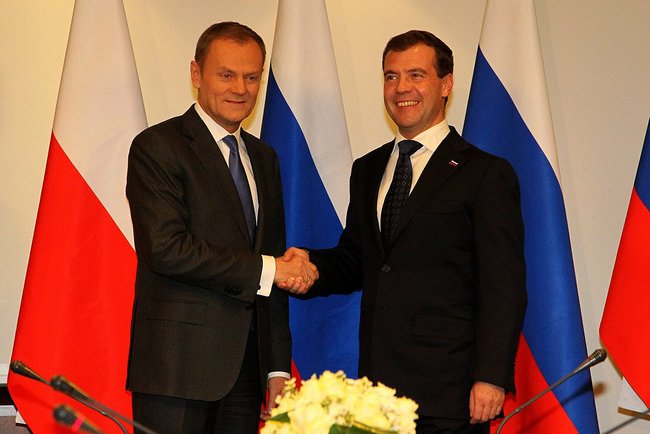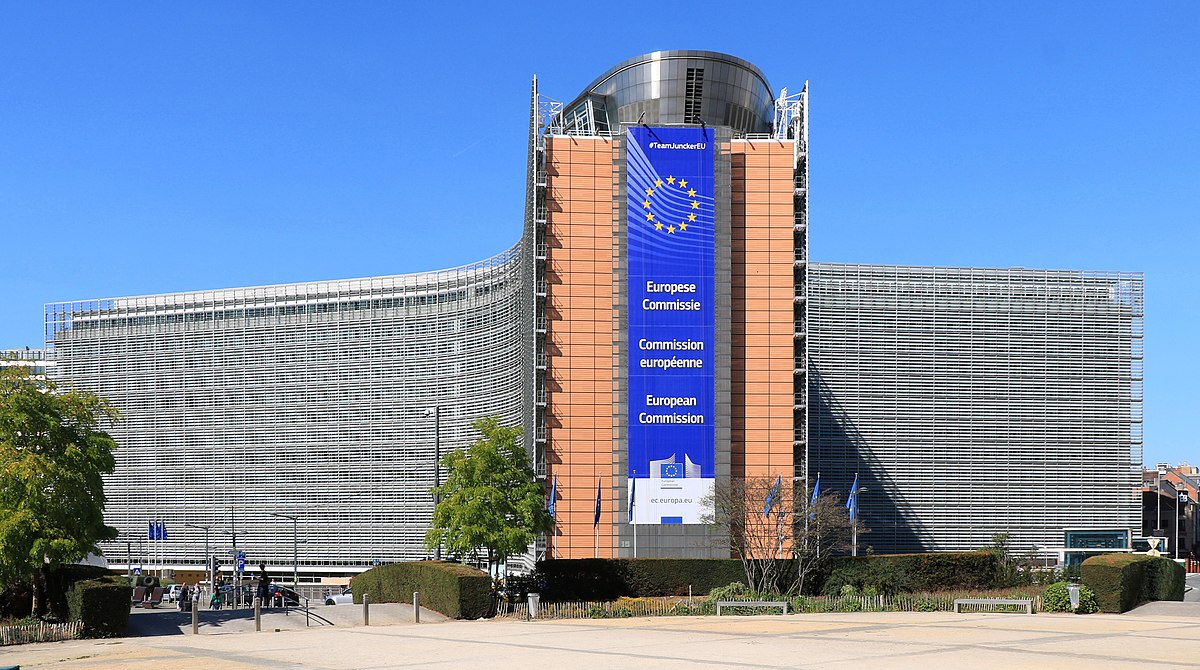Traitors and patriots

In late November, the new Polish parliamentary majority dismissed all members of the state Commission for Investigating Russian Influence in Poland.
Paweł Lisicki
Before the Commission for Investigating Russian Influence in Poland was emptied of its members by the Sejm on November 29, it issued a statement. In it, it recommended that Donald Tusk and other top politicians of his party not be entrusted with public positions responsible for state security. This means that none of those political leaders should be a minister, let alone prime minister [despite Tusk being the new parliamentary majority’s declared candidate to replace PM Mateusz Morawiecki].
According to the commission, former Prime Minister Donald Tusk and other politicians of his Civic Platform (PO) failed to supervise the Military Counterintelligence Service (SKW) and thus compromised state security by allowing it to come under Moscow’s influence.
The investigative commission issued similar recommendations regarding former SKW chiefs: two generals and one colonel.
Professor Andrzej Zybertowicz, a member of the commission, stated, “Analyzing the available materials, including the testimony of the aforementioned during the prosecutor’s investigation, we had the impression that the politicians responsible for state security were not interested in state security, that this area of their responsibility was not a priority for them.”
It is difficult to assess the credibility of these allegations. Both the manner in which this commission was formed, its timing, and its mode of operation raised serious questions from the beginning. Rather, it seems that those critics who pointed out that it had a primarily political purpose, which was to accuse Donald Tusk of treason, were right.
Had it not been for protests by the US and the EU, perhaps a report containing such allegations would have been published during the election campaign. But apparently, the view was that such a move was too risky.
From the beginning, when the idea of setting up such a commission came up a few months ago, I pointed out many problems.
First, regardless of the accomplishments and authority of at least some of its members, they were appointed by the incumbent parliamentary majority. Consequently, their work could hardly be considered an objective and unbiased examination of the facts.
In a parliamentary system, a parliamentary investigative commission makes sense – and this state commission played an analogous role – if it is influenced by the opposition. Then it serves, in principle, to control the organs of government. However, a commission set up under the governing camp’s influence to investigate its opposition makes a very different impression.
Second, this commission was formed shortly before the elections, after Law and Justice (PiS) had been in power for eight years. Why were possible violations of the law not addressed by the prosecutor’s office and the competent authorities during that time?
Third, some members of the commission were simultaneously working on the television documentary “Reset” [which has been broadcast by public television to show how far PO politicians were under Russian influence when in power]. These members are believed to have used the evidence collected by the commission for that documentary.
Even with the best efforts and intentions, I cannot accept that this is how a reliable and impartial investigative state institution should operate.
Fourth, as can be inferred from many of the statements, the members of the Commission for Investigating Russian Influence in Poland did not clearly distinguish between what might be considered a misguided policy toward Russia and what could be described as treason. It does not follow from the fact that someone made a mistake in assessing the situation that he or she is consciously acting on behalf of foreign interests. And this applies not only to Russian interests.
Fifth, the commission decided to release its “partial” report, as it called it, without first interviewing any witnesses, confronting documents with testimony, or giving the accused the right to defend themselves. This casts a serious shadow over its recommendations.
Regardless of intentions, therefore, the whole brawl around the commission’s report has, I believe, a negative impact on the Polish raison d’état.
One can assume that the former opposition and now parliamentary majority will now act in exactly the same way. Since PiS could staff the commission with its own people, Tusk’s PO and its coalition partners are going to do the same. If the commission set up by the Law and Justice party could declare that several opposition deputies headed by Donald Tusk do not provide security guarantees, the same can be done by the PO commission, which will come to the opposite conclusion, probably pointing to Jarosław Kaczyński and his ministers.
In this sense, the establishment and activities of this commission is a classic example of instrumentalization, that is, the use of an important institution for particular partisan purposes. It is bad that PiS did it and it will be equally bad if PO does the same.
Instead of strengthening the authority of the state, we will see it weakened. For those who trusted the Commission for Investigating Russian Influence in Poland, including the majority of the Law and Justice electorate, its report will be proof of the treachery of Tusk and his friends, and the dismissal of its members a testimony to PO’s fear. For supporters of the new parliamentary majority, the report will be nothing more than an irrelevant piece of paper.
Perhaps Law and Justice will enjoy some political gain from the creation of a myth whereby evil, pro-Russian forces shut the mouths of patriots precisely when they revealed the truth, but the cost of such an operation to the Polish state is enormous.
Sometimes I come to the sad conclusion that foreign agents do not need to make much effort in Poland. They just need to leave Poles on their own. Being so full of mutual hatred, Poles will jump down each other’s throats without the need for foreign intervention.
This article was first published in Polish as the editor-in-chief’s column in the Do Rzeczy weekly.



